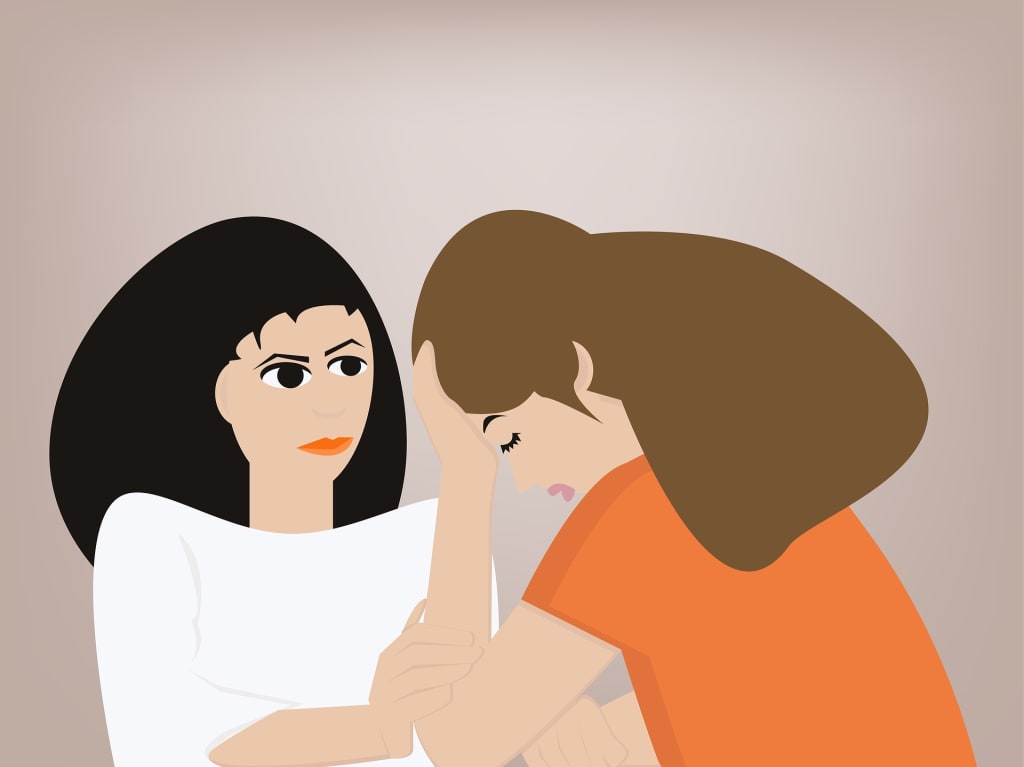America’s Poor Mental Health Is in Our Hands
A new study highlights just how much mental health across the US is suffering—here’s how we can fix it.

Once seen as a taboo and undiscussable topic, mental health has recently stepped into the light of public conversation. Unfortunately, prevalence rates and symptoms of mental illnesses do not reflect this trend.
A recent study that ranked mental health by American cities found that overwhelmingly population mental health is the worst in the South West region. Cities such as Tucson and Phoenix, Arizona; Los Angeles and Fresno, California; and Las Vegas, Nevada topped the list in multiple characteristics, including depressive feelings, suicidal thoughts, low self-esteem, and more.
Additionally, around 27 percent of the population in the 10 worst cities reported feelings of depression. That’s nearly one in three people suffering from mental health issues. This number does not even include people who may have depressive thoughts, but are unwilling to acknowledge or admit it. While these "feelings of depression" do not necessarily indicate a mental illness, they easily could develop into clinical depression if left untreated.
Clearly, there is an issue here that needs to be addressed. Mental health affects everyone in some way or another, and it is our responsibility to step up and take action to improve America’s mental health by starting within our community.
Know the signs... and how to respond.
Simply being knowledgeable about what mental illness looks like in its early stages can go a long way. While you may think you can identify a person with depression, signs are not always as obvious as they may seem. In adults, social withdrawal, excessive fears/worries, or increased substance use may indicate the formation of mental illness. In children, indicators could include changes in habits or behaviors, hyperactivity, or frequent nightmares.
At the end of the day, you know your friends and family better than anyone else. Any major change in attitude or behaviors could be a sign of a deeper problem. But simply knowing what to look for is not enough. It is crucial that the moment you begin to notice these changes, you take action.
It’s easy to blame the individual or get annoyed with them for their mood swings or bad attitudes. However, patience is key to address the symptoms and ensure that they don’t worsen. It can be as simple as being there for them, listening to their thoughts and validating their emotions. While the easiest action may be to accept their unwillingness to participate in things they used to be interested in and leave them alone, this can be quickly worsening the situation.
Fight stigmas.
One of the biggest difficulties of individuals with mental illnesses is dealing with the judgment of society. People diagnosed with a mental illness are quickly labeled as "abnormal" and stereotyped with a slew of negative characteristics. This makes facing the situation even more challenging for the individual, as they often fear seeking treatment or feel the need to hide their identity in public—both of which will only worsen their conditions.
Reducing these stigmas is incredibly important in improving mental health. This can be as simple as treating every individual with an open mind and respect, no matter their mental health standing. It’s easier said than done. Whether we like to admit it or not, we all have unconscious biases that shape our perceptions of the world. It is important to be aware of these biases and attempt to reduce them, especially in the mental health realm.
It’s too easy to write off mental illness as society’s problem. This issue starts on the individual level, and we must all hold each other accountable to create a healthier environment.






Comments
There are no comments for this story
Be the first to respond and start the conversation.